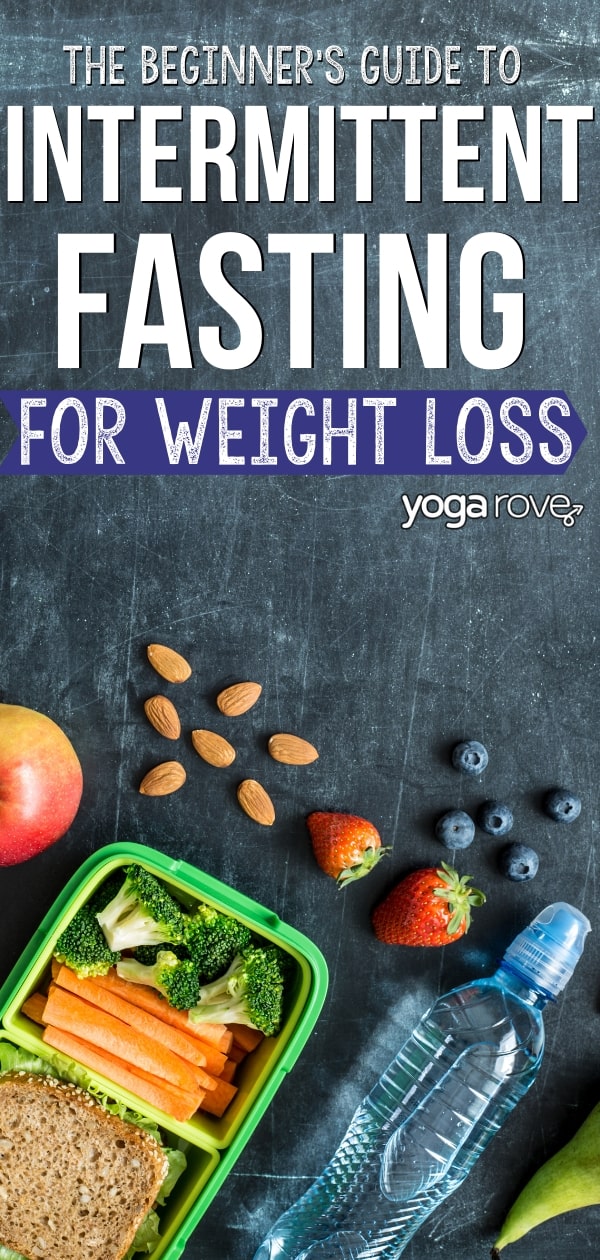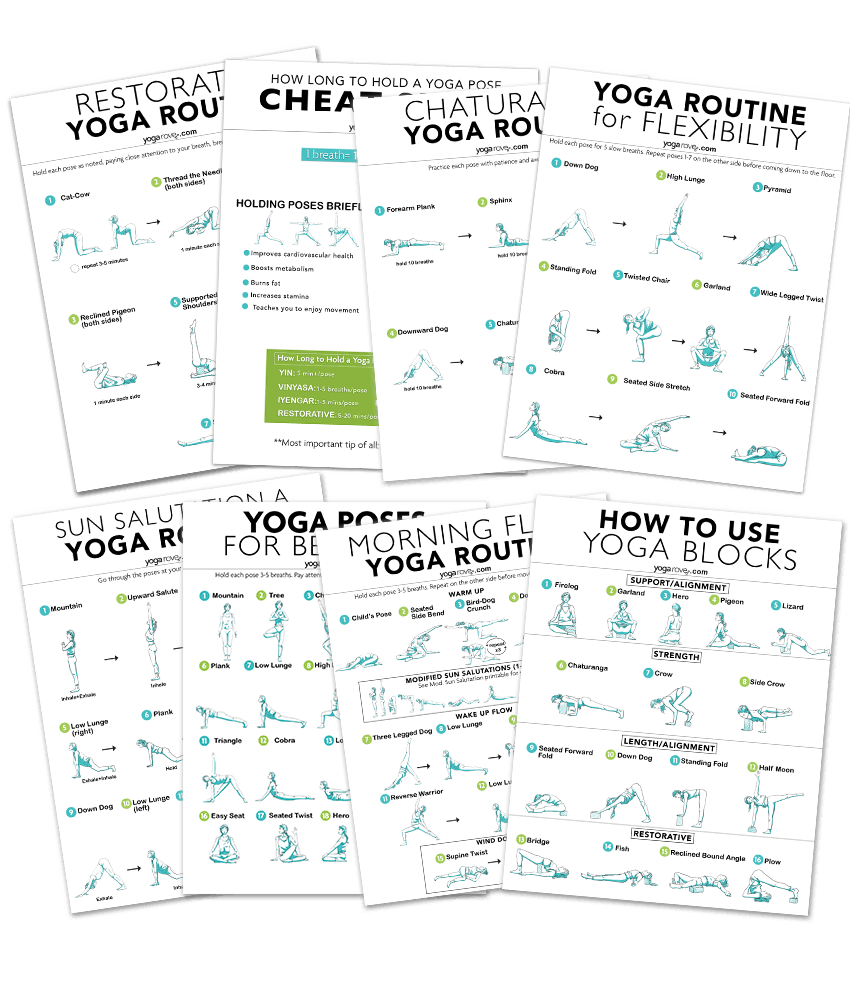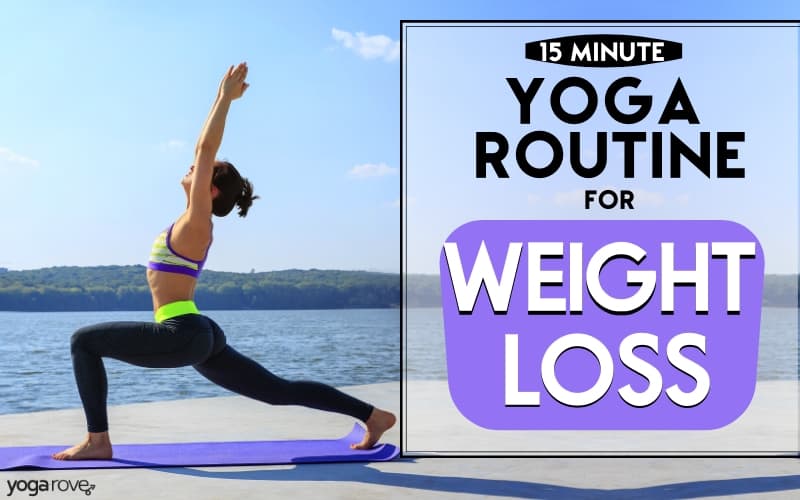This post may contain affiliate links. Please read our disclosure for more info.
I have been intermittent fasting for almost a year now and it feels like I have found the cheat codes to my own body on how to lose weight and feel great.

Losing weight and keeping it off has never been so easy.
That being said I wanted to create a guide to help others understand more about intermittent fasting because I truly believe this method will change your life.
In this guide you are going to learn about:
- What Are the Different Types of Intermittent Fasting
- What Intermittent Fasting Is
- Why You Are Hungry
- How to Overcome Hunger
- Fasting vs Eating Less
- Intermittent Fasting Benefits
- Intermittent Fasting Mistakes
- When To Workout While Fasting
- Mid Intermittent Fasting Drink
- Intermittent Fasting for Women
- Intermittent Fasting Results
In order to develop yourself to become the person you want to be you must create different systems or habits. By working on developing a system to intermittent fast I assure you that this alone will help you become much healthier and it is probably the missing puzzle piece you have been searching for in order for you to reach your desired weight.
What Are the Different Types of Intermittent Fasting
Different forms of intermittent fasting:
- 16:8 Fasting
- Once a week Fasting
- Alternate Day Fasting
- One Meal Per Day Fasting
Everyone is going to have a different approach to what they choose based on how it is going to fit their lifestyle.
1. 16:8 Fasting Style
This form of fasting involves a window of not eating and a timed window of eating. The 16 represents the number of hours you should not eat and the 8 represents the number of hours you can eat. This is probably the most sustainable form of intermittent fasting that you can do the rest of your life and it is the form of intermittent fasting that I personally do.
2. Once a Week Fasting
Once a week fasting is a very popular form of fasting because of its practicality. The basics of this type of fasting is to not eat for 1 day out of your week. Pick the day you don’t want to eat that week and have nothing for 24 hours. Many beginners often start with this approach.
3. Alternate Day Fasting
Alternate day fasting is probably the most intense approach out of the different forms of intermittent fasting. Immediately upon starting this form of fasting you are going to drop a significant amount of weight because your calories are going to be cut in half. This approach to fasting is good for people that need to lose weight but it is not sustainable in the long run.
4. One Meal Per Day Fasting
One meal per day fasting is the more extreme approach of the 16:8 style. You are still eating every day except that your meal count has been reduced to 1 meal a day. With this one meal you are getting all your required calories that you would have gotten throughout the day in one meal. This means that what you eat is going to be a very large meal and it will take time to adapt to this type of fasting. This is not be suitable for people starting out.
What Is Intermittent Fasting?
After learning about all the different types of intermittent fasting you can see that everything is not about what you eat, it is about when you eat.
It is such a simple concept that when you start applying it to your life it will make you wish you started it sooner.
If you started to apply the 16:8 approach right now without changing what you ate throughout the day I guarantee you will get leaner.
Add a healthy way of eating on top of intermittent fasting and it will completely change your entire body. The weight you have always wanted to lose will be that much easier to get rid of.
Now how long are you not supposed to eat.
The basic rule of thumb is to not eat for 16 hours and have a window of eating for 8.
Now some of you may be thinking 16 hours is a long time. Let me give you example of what I do to show you how easy it is.
My window of eating ends at 8pm. When I go to sleep and wake up around 8 I will have already fasted for 12 hours.
Skip breakfast and have the first meal of the day at 12pm. It is that simple.
I know some of you may be saying that you can’t skip breakfast because you will be too hungry but there are many ways to overcome this hunger. Before we talk about that let’s get into why you are hungry in the first place.
Why You Are Hungry
The reason you get spikes of hunger throughout the day is because you have conditioned your body to feel hungry at certain times of the day because of your past eating patterns.
Ever notice that you tend to always get hungry around the same time every single day?
Or it can be caused due to a habit you have developed. I know for me whenever I would watch a movie at night or if I would start a new episode the same night, I would always have to eat something at the start of the show.
This caused me to condition my body to feel hungry whenever I would watch something because I formed the habit of eating right before I would watch a movie.
Now that you are aware that you will be hungry at the same time every day, you should also be aware that the feeling of being hungry will pass after 30 minutes to an hour. At first this is going to be hard but your body will eventually adapt and you will stop feeling hungry all the time.
For those of you starting your intermittent fasting journey let’s go over a few tips that will help your body adapt.
10 Tips To Overcome Hunger While Intermittent Fasting
- Start Small: When you first start your intermittent fasting journey you should make your non eating window small. Start off with 10 hours and build your way up to the type of fasting you want to accomplish.
- Drink Water: A lot of time when you think you are hungry you are actually thirsty. By drinking lots of water it will reduce this feeling of hunger.
- Drink Herbal Tea: Personally I drink green tea in the morning. Not only will this help you reduce your feeling of being hungry but the caffeine will increase your metabolism.
- Drink Black Coffee: This is another drink people love to have in the morning while fasting. Some people still put a little bit of cream and sweetener and still see amazing results. Experiment with this because anything over 30 calories is considered breaking the fast. Do what works for you.
- Sugar Free Gum: Many people who have started intermittent fasting chewed sugar free gum to suppress the urges of feeling hungry. Chewing gum will signal to the body that it is eating and the act of chewing will also serve as a distraction.
- Get Sleep: If you are getting enough sleep studies have shown that your body will decrease leptin (hormone that signals to your brain that you are full) and increase your ghrelin (hunger hormone) levels.
- Will Power: Push past the initial hunger phase. Around 30 minutes to 1 hour your ghrelin (hormones that cause hunger) levels will go down and the feeling of hunger will be no more.
- Stay Busy: Whenever I am busy I forget to eat all the time. Sometimes instead of fasting for 16 hours I fast for 20. The next time you feel hungry distract yourself by doing some beginner yoga poses for the next 20 minutes.
- Brush Your Teeth: This is the best thing to do at night when you have urges to snack on anything. When you want that ice cream snack at night go brush your teeth and it will make you not want to eat anything.
- Psyllium Husk Powder: A PubMed study shows us that the effects of dietary fiber help you take control of your appetite by sending signals to your brain telling it you have “food” in your system. Take 2 tablespoons of psyllium husk powder mixed in 8oz of water to make this happen.
Fasting vs Eating Less
Growing up I remember being told the best way to lose weight is to eat small meals throughout the day, essentially lowering your calorie intake to reduce your weight. The problem with this method is that by introducing food to your system causes you insulin levels to rise and doesn’t give your body the chance to burn its fat reserves.
Snacking all day also causes you to be more hungry which may cause you to want to eat more. It would actually be easier to fast because your body will push past the hunger phase like we talked about before and the feeling of hunger will go away.
I get that it sounds weird because the equation that goes on in most of our heads is if hungry, eat food to stop hunger.
One of the best explanations for this is done by the YouTube channel “What I’ve Learned”. Linked below is his video and he talks about the many experiments that have been done with a low caloric diet vs fasting.
Benefits of Intermittent Fasting
1. Reduces Decision Fatigue
One of the main reasons I love this way of eating is because now I know exactly when I should eat and when I shouldn’t. Knowing this information reduces my chances of over complicating my eating patterns which would result in decision fatigue causing me to eat more poorly.
2. Increases Energy
Instead of relying on food for quick bursts of energy that usually result in a blood sugar crash, your body will go into fat burning mode and use your extra fat as a fuel source to provide you with more consistent energy. This not only gives your a good amount of energy but it also reduces fat.
3. Weight Loss
This is probably the main reason why people focus on intermittent fasting in the first place. Fasting allows the body to go into fat burning mode in the morning because instead of eating breakfast and using that food as a source of energy, your body burns the fat that your body has held on to.
4. Muscle Gain
Fasting has been proven to increase HGH (human growth hormone), which aids in the development of muscle mass. Losing fat and building muscle at the same time is the best way to obtain a healthy body.
5. Increases Cognitive Function
When you start to do intermittent fasting you will notice that your ability to think more precise and clearly will have increased. Studies have shown that an increase in BDNF (brain derived neurotrophic factor) occurs while fasting.
6. Reduces Inflammation
Inflammation is linked to pain and for those of you that have a lot of pain you will begin to notice a reduction in that pain due to your inflammation being reduced. Studies have shown that fasting reduces inflammation.
7. Reversing Type 2 Diabetes
It has been proven that fasting has the potential to reverse your type 2 Diabetes. In a news report (video link here) a diabetic man dependent on insulin is able to control his diabetes and get completely off of insulin by fasting for 24 hours straight every Monday. The man is 85 years old, has lost over 30 pounds and has kept the weight off for over four years.
Top 5 Intermittent Fasting Mistakes
Now that you have gained a better understanding of what intermittent fasting is, let’s talk about some of the mistakes people make to help you avoid them.
1. Too Long To Soon
As soon as some people find out about intermittent fasting they want to jump right into fasting 16 to 20 hours right away. If you have been regularly eating 3 to 5 meals a day and jump to eating 1 meal a day right away it may cause you to give up fasting completely. The goal is to start off with fasting for 10 hours and periodically increase it to 16. Once you have done multiple 16 hour fasts try working your way up to 20 hour fasts.
2. Snacking
When we say fasting, we mean no food, none! Some people do not understand this. If you eat a few chips that is considered breaking the fast. If you are hungry, go back to the tips to help you get past the hunger phase. Take the time to commit to this because it is going to be very beneficial to your health.
3. Drinking Juice
Anything over 30 calories that goes into your body is considered breaking the fast. If what you are consuming has less than that you are still in the fasted state. For those of you wondering about coffee, coffee has 2 calories for every cup.
4. Not Drinking Enough Water
Drinking water is one of the most important things you can do for your body. When you are in the fasted state your body is breaking down cells and is detoxifying your system. Drinking water will help you flush these toxins out of your system. It is also important to drink water because it is the best way to get over the hunger phase when you first start fasting.
5. Eating the Wrong Foods
I am not telling you to not have cheat days here and there but if you are going to eat pizza and chips every day this isn’t going to work out. The fuel you put into your body is going to dictate your results. The more quality food you have the better the results you are going to see. What I will tell you is that when I do have a cheat day such as eating pizza, I will lengthen the fast to 18 to 20 hours.
When To Work Out While Fasting
When I first started fasting I always wondered when I should work out. I wasn’t sure if I should work out as soon as I woke up or if I should work out a couple hours after my first meal.
After doing a good amount of research I figured out that the best time to work out is while you are in the fasted state a couple hours before you break your fast.
I do not recommend working out a couple hours after your last meal of the day because your body is going to focus more on using the food you just ate as fuel instead of using your fat reserves as fuel.
Working out in a fasted state is going to help you get rid of the extra fat on your body a lot easier because your body is using the extra fat you have as fuel.
After you are finished working out some people like to break their fast within 30 minutes and others usually break it a couple hours later.
If I am doing an intense workout or if I run over 6 miles I like to break my fast immediately.
Thomas DeLauer from YouTube prefers to work out first thing in the morning and break his fast a couple hours after his workout.
He goes into more detail in this video.
Mid Intermittent Fasting Drink Recipe
While you are in the fasted state it is the best time to consume this drink. It is not only healthy but it is also going to help you get through the hunger phase.
Another reason I am recommending this drink is because it is going to help you preserve your mineral intake. The biggest issue you face when fasting is losing minerals. While fasting and consuming more water you will start to lose more minerals. Drinking this drink helps you replenish and preserve your mineral intake.
This drink is simple to make, all you need is:
- 10 to 12 oz of water
- 2 tbs of apple vinegar
- ½ tsp of cream of tartar
- ½ tsp of Pink Himalayan salt
- Juice of one whole lime
Apple Cider Vinegar: This ingredient is being added because it is high in acetic acid. Acetic acid allows the body to absorb more minerals when introduced to the body because of its antibacterial and anti-fungal properties.
Cream of Tartar: Great source for potassium. Each teaspoon contains 495 mg. Because of the high amounts of potassium you should not use more than ½ tsp in your drink.
Pink Himalayan Salt: Adding this to the drink will help you replenish your sodium levels and keep them stay leveled throughout the day. Keeping your sodium levels balanced will prevent you from becoming hyper sensitive to sodium when you break your fast which will prevent you from bloating up as much.
Lime: Limes contain a high number of limonoids. Limonoids help stimulate the production of glutathione which helps aid the body in the detoxification process. This is important because when we are fasting the body is already in the process of getting rid of toxins, adding lime juice will further support this process.
For more details about this drink check out Thomas DeLauer’s video.
When NOT to Intermittent Fast
This approach toward eating is not meant for everyone. Based on the specific situation you are in this method of eating may cause more harm than good.
1. Eating Disorder: If you have an eating disorder do not attempt this method of eating. Many people that tend to binge think that during their eating window they could eat as much as they possibly can. The goal with the eating window is to eat what you would normally eat, not take it as an opportunity to over eat and neglect your problem.
2. Food Sensitivities: Some people with food sensitivities such as dairy, soy, gluten, etc., eat what they shouldn’t be eating during their food window. Fasting while eating foods you are sensitive to can cause harm to your gut. If you have food sensitivities and wish to eat a little bit of these types of foods do not fast, fasting will only make it worse. If you avoid foods you are sensitive towards then you can do intermittent fasting.
3. Anxious and Stressful People: If you are the type of person that is overwhelmed with stress and anxiety, intermittent fasting may not be for you. Hunger has been known to increase stress in some people causing them to be “Hangry” (yes, this is a real thing!). If this person drinks coffee to suppress hunger, it may cause an increase in their anxiety and stress because caffeine is known for doing that. By reducing the amount of your caffeine intake with tea will help reduce your stress. Don’t let this stop you from attempting intermittent fasting. Start off with a shorter fasting window and work your way towards a longer one.
4. Trying to Get Pregnant: Fasting for long periods of time as a woman will slow your reproductive system down. If you are trying to get pregnant I would not recommend doing very long fasts. Fasting for 12-16 hours should be fine. Focus on how your body feels and listen to it.
5. Pregnant: Studies have found that fasting may cause a premature delivery. If you are pregnant do not take the chance. Focus on having a well balanced meal to have a healthy and happy baby.
Intermittent Fasting for Women
When a woman fasts her body is going to send much stronger hunger signals to the brain compared to men. Because of this men have a much easier time fasting than women. The reason the hunger signals are stronger is because of the reproductive system.
If you go into a fasted state your body is going to send strong signals to your brain for you to eat. If you ignore these signals your body will lower your reproductive system by not producing as many eggs.
This is why if you are trying to get pregnant you should not attempt intermittent fasting. This will cause you to reduce your chances of getting pregnant.
Another sign that you are overdoing your fasting period is if your body is skipping your period. This is why it is a good idea to start with a 10 hour fast and work your way towards 16. Keep track of your period to make sure it is regular.
For a more in-depth explanation on everything check out this video, Intermittent Fasting: Why Women Should Fast Differently Than Men.
Intermittent Fasting Results
Below are a few videos to show you the amazing results people have had with intermittent fasting. These are the videos that inspired me to get into intermittent fasting and really commit to this timed method of eating.
1. There IS no secret…it’s Intermittent Fasting.
In this video a 54 year Michael Dickson is talking about the reaction people gave him when they saw a picture of him with his shirt off when his wife posted it on social media. He has a very impressive physique. In the video he explains how intermittent fasting has played a big role in keeping him healthy and lean.
2. How I Lost 65 Pounds. With Intermittent Fasting and Walking
Wife and mother of three has lost a total of over 80 pounds to this day because of intermittent fasting and walking. Seeing how she has simplified the process of getting healthy is very inspiring because it should give hope that anyone is capable of obtaining the same results.
3.16/8 Fasting Results: Study Investigates Short Term Fasting
Thomas DeLauer, intermittent fasting expert, breaks down a study that focuses on fasting results for the 16/8 method. 34 men are split into two groups, half the subjects focus on the 16/8 approach to intermittent fasting where they ate at 1pm, 4pm, and 8pm. The other half ate their three meals at a traditional eating pattern 8am, 1pm, and 8pm. This controlled study made both groups eat the same amount of calories and had them train the exact same way. At the end of the study the group with the traditional eating pattern had a 2.8% reduction in body fat and the intermittent fasting group had a 16% reduction in body fat.
4. Meet A Woman Who Lost 50 Pounds Through Intermittent Fasting | Megyn Kelly TODAY
On the Today Show they interview Sumaya Kazi on how she lost 50 pounds through intermittent fasting. She talks about how the first two weeks were more of a mental challenge and once you can get past that period her body adjusted. Intermittent fasting has changed her face, body, and mind. She looks forward to when she does fast because she feels more energized and focused. Sumaya is a big inspiration on how intermittent fasting can change anyone’s life.
5. Intermittent Fasting for Women Over 50 – Helpful or Harmful?
Dr. Becky Gillaspy goes into the results of a large study that focused on intermittent fasting for women. One of the biggest results from intermittent fasting is that older women saw a significant decrease in belly fat. They also found that the woman’s pain with their lower back and arthritis had reduced. Here is the video to find out more information that will inspire you to stick with intermittent fasting.
Conclusion
This is the best thing I have ever started for my health and after doing this extensive amount of research I can see myself sticking with this way of eating for the rest of my life.
The one major thing that I found very useful was improving my mineral intake. When I started fasting I found myself on certain days to be more tired than usual.
When I came across the information on how we lose a lot of minerals through fasting and drinking lots of water everything started to make sense. I added more minerals to my diet and felt energized again.
Each and every one of us reacts differently to eating methods and what we put into our diet. The only way to truly find out what works for you is by educating yourself on these different health methods and see what makes you feel the best.
If you have any comments or questions about intermittent fasting, please post them in the comments below!







Is there a printable of this blog available? If I try to print it from here, it is 26 pages and I dont want to kill trees! 🙂
Hi.
Just select what you want to print : using your mouse or “ctrl+c” (“ctrl+a” will give you the entire page content). Then right click and select “print” (the entire page is 14 pages) then print 2 pages per piece of paper (total = 7 pages). You can also select the pages you want to print, f. eks 2-13 because the first and last pages don’t have useful info.
Hope this is helpful.
Thank you, Moira!
Thank you so much for this information. I found this to be very helpful. I do have one question….
1- Is it ok to drink water during the fasting time gram or should I wait until my eating window?
2- it’s ok to drink a cup of coffee during the fasting time frame as long and the creamer is less than 30 calories…correct?
Thanks so much!!!
Ashley
Hi Ashley,
Yes to both 🙂 It is okay to drink as much water during your fast and is encouraged- and yes to the coffee as long as it is less than 30 calories.
great articles, it helped me a lot to know more about how to lose weight and maybe i will change my way according to what i read here 🙂
Glad you found it helpful Tarek!
I LOVE this post! I’m definitely going to use these tips in my weightloss journey. Thank you.
One thing though, when you write, please try to punctuate better. I’m really sorry, I’m no English teacher. Reading through the lines was educative, but I struggled a bit for lack of appropriately placed commas. Thank you.
Thank you for the feedback Tee! I’m going to have to look back through this 🙂 I’m glad you found the information helpful!